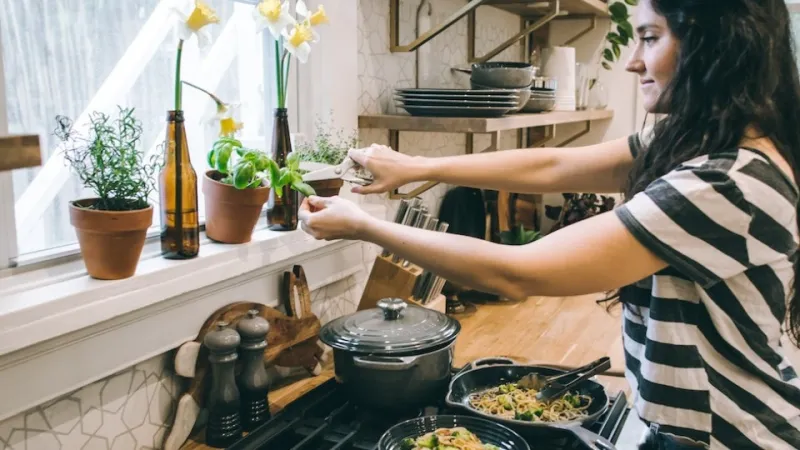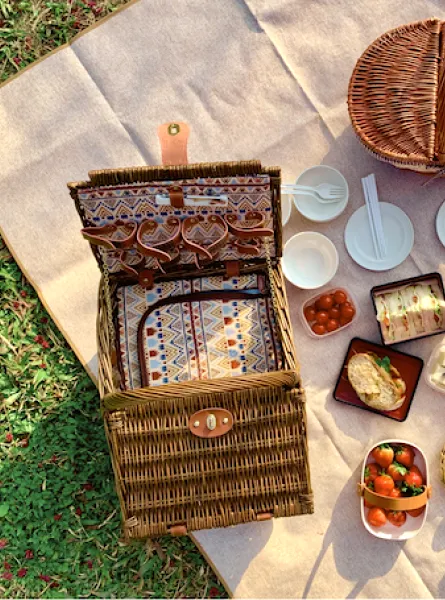
Do you have busy, overworked days with family, stress and work? You arrive late at night and don't feel like cooking so you opt for take out or fast food? Food planning will save you in those moments of stress and panic.
Food planning is a matter of habit. Planning your meals requires a little organization at first, but will eventually become a reflex and a habit that will help you maintain healthy eating habits. This new habit will simplify your life and allow you to save time and money. It will reduce your stress at mealtime and give you extra time to spend with your family. Here are 5 tips to help you make good meal plans for the whole family.
1. Choose Your Meals in Advance
Plan a day of the week to make your meal choices. Encourage each member of the family to choose. Use the ingredients in your fridge and kitchen by including them in your meals for the week to avoid waste. Discover new recipes you've always wanted to try. Cook familiar dishes that the whole family loves. Build a recipe bank to use when you're not inspired, check out websites and cookbooks. You can even get inspiration from our recipes.
2. Plan Balanced Meals
Choose a starch, a protein and vegetables to compose your meals. You can get creative and mix and match with leftovers from the fridge. Motivate each member of your family to choose a type of food to include in the meal.
3. Prepare Your Grocery List
List all the missing and needed ingredients for the chosen recipes. Choose foods that are minimally processed and fresh. Write down foods to buy as you go on your list; you can even prepare a grocery list on your smartphone. See our pantry essentials for inspiration!
4. Reuse the Same Menu
Change some components while keeping the same menu. For example, for the same meal of chicken and vegetables, change your starch (sweet potatoes, quinoa, couscous, tortillas, chickpeas, beans, pasta, rice, barley, corn).
5. Double Your Recipes
You can make more of the recipe to have leftovers for dinner the next day. You can also freeze the extra and use it on nights when you don't feel like cooking. Use the uneaten meat from the night before to make wraps or sandwiches the next day.
Choose the organization that suits you, whether it's preparing meals every night, or preparing all the meals for the week in advance. By having the planning done, you save a lot of time and money.





